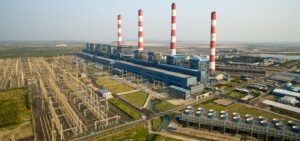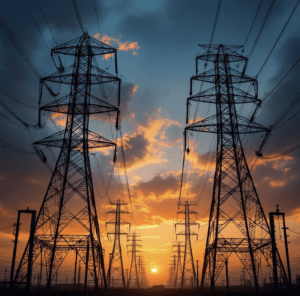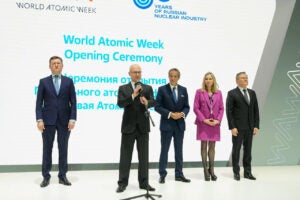British Petroleum (BP) has reportedly withdrawn all plans to build wind farms and other renewable projects in the UK, and it has dropped out of a government competition to build a carbon capture and storage plant. The Guardian reports that the company will instead concentrate its $8 billion renewable program on the U.S., attracted to that country by recently passed tax incentives for renewables.
BP follows in the footsteps of Royal Dutch Shell, whose pullout from UK renewables included its high-profile withdrawal from the London Array—the UK’s largest planned offshore project—this May. Shell had then said that the economics of UK wind were not as lucrative as projects the company could pursue elsewhere.
BP’s decision is a major blow to Prime Minister Gordon Brown, whose cabinet is striving to put the UK at the forefront of renewable energy, The Guardian said.
The oil and gas giant confirmed it had shelved ideas of building an onshore wind farm on the Isle of Grain, in Kent, and would not bid for any UK offshore licenses. According to Environmental Finance, the firm had also pulled its bid to build a coal-fired power plant with post-combustion carbon capture and sequestration technology. BP Alternative Energy had been short-listed for the project along with E.ON UK, Peel Power, and Scottish Power Generation. The company said it could not put together a winning project in the timeframe of the competition.
Reuters last week reported that BP Alternative Energy had also withdrawn a framework agreement in January to develop wind farms with a planned capacity of 148.5 MW in China’s Inner Mongolia region. Goldwind, China’s largest maker of wind turbines, said BP had decided to suspend its wind power business in Asia.
Other media said that BP was expecting to sell its stake in the construction of two wind farms in India and was halting work in Turkey.
The company expects to have 1 GW of wind power installed in the U.S. by the end of this year. It has said that its U.S. portfolio includes opportunities to develop almost 100 projects with a potential total generating capacity of 15,000 MW.
Sources: The Guardian, Environmental Finance, Reuters, BP Alternative Energy










